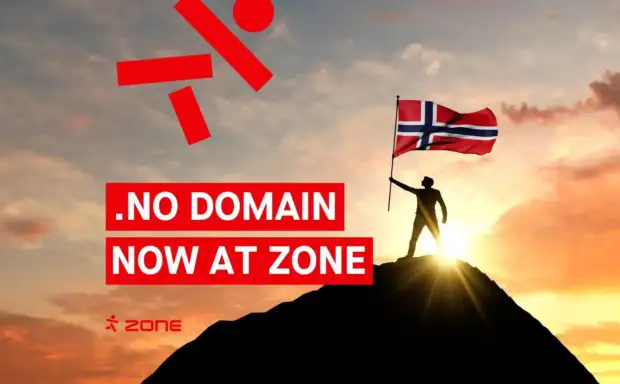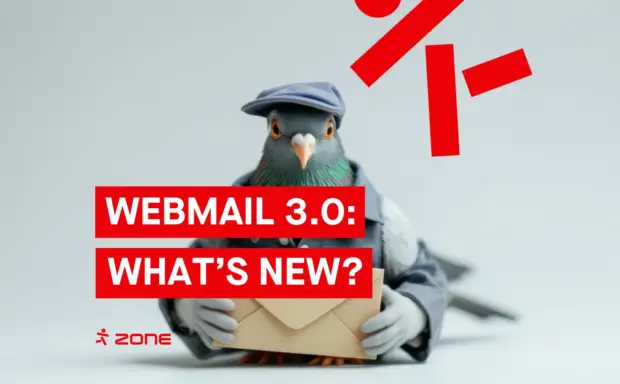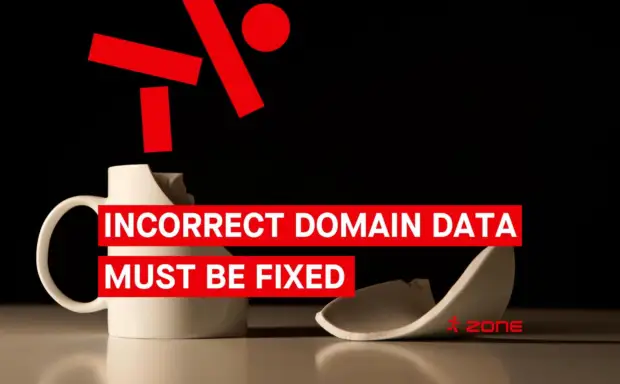The Zone web hosting platform is continually evolving to meet the growing demands of PHP-focused developers, offering enhanced flexibility and expanded capabilities. Although the classic LAMP stack (Linux, Apache, MySQL, PHP) still comfortably covers the needs of most clients, increasingly sophisticated projects now rely on advanced tools like Redis, Elasticsearch, and Node.js. In this post, we’ll explore the possibilities—and limitations—of installing applications directly into your home directory. We’ll also dive into the key updates introduced with the latest ZoneOS 25.05.00, including changes that could specifically impact manually installed software.

Keeping pace with complex PHP applications
As PHP applications grow in complexity, we’ve proactively adapted our infrastructure. Zone now supports Redis, Elasticsearch/OpenSearch databases, and includes built-in Node.js environments maintained by us. However, not all unique requirements can be fully accommodated—software licensing restrictions sometimes present their own limits. Fortunately, you always have the flexibility to deploy any desired software within Zone’s cloud platform.
Nevertheless, many users choose to install applications directly in their home directories on our managed platform. We impose no artificial restrictions here—it’s a deliberate design choice to give you maximum freedom—but we strongly advise careful consideration of the risks involved.
The hidden risks of custom installations
Installing custom applications comes with important responsibilities:
- Security and Maintenance: You’re responsible for the ongoing security and updating of these applications. While this may seem straightforward at first, it often becomes complicated over time. Documenting changes and coordinating updates with developers regularly can become challenging, and outdated applications quickly become security vulnerabilities.
- Compatibility Risks: ZoneOS updates are continual and comprehensive, making it impossible to accommodate every custom-installed application. Binary files requiring specific system libraries are particularly vulnerable; these libraries may be removed during system updates, rendering your applications unusable.
To mitigate these risks, we recommend:
- Avoid binaries if possible: Explore alternative implementations in PHP or Node.js.
- Choose modern programming languages: Applications built with Go or Rust typically don’t depend on system libraries, reducing compatibility issues.
- Opt for statically linked binaries: While they’re larger and memory-intensive, these binaries aren’t dependent on external system libraries.
If binaries remain essential, be aware they require regular monitoring and maintenance during platform updates.
What’s new in ZoneOS 25.05.00?
The latest Zone web hosting platform update, ZoneOS 25.05.00, introduces significant changes affecting installed software. While we’ve strived to maintain temporary backward compatibility, we encourage users to plan for necessary adjustments proactively:
- OpenSSL Upgrade to 3.5.0:
The new OpenSSL version isn’t backward compatible with 1.1.1. To ease this transition, older libraries (/usr/lib64/libcrypto.so.1.1and/usr/lib64/libssl.so.1.1) remain temporarily available but will be removed permanently in September. - Python Version Transition:
Python 3.8 support ends with this update. Python 3.11 continues, joined by Python 3.13. Although virtual environments running Python 3.11 remain supported, we recommend migrating promptly to 3.13. - PostgreSQL Version Upgrade:
PostgreSQL 17 is now available alongside version 14, which remains temporarily supported. Users of PostgreSQL are encouraged to migrate their databases to the new version within this year.
For a detailed list of changes, visit: ZoneOS Changelog 2025
Post navigation
Popular posts

.NO domain now at Zone – is your business ready for the Norwegian market?

Zone Webmail 3.0: New features that make email management easier than ever

Still the rightful owner of your domain? ICANN’s new rule means it’s time to double-check
